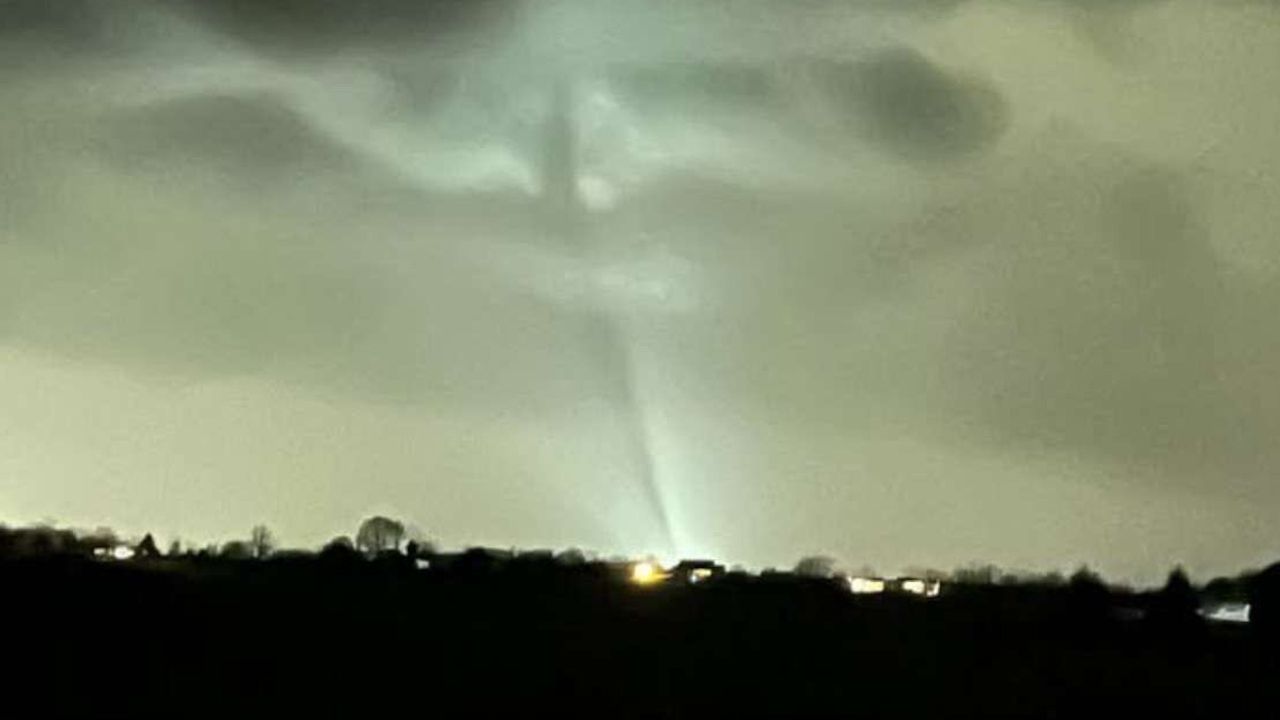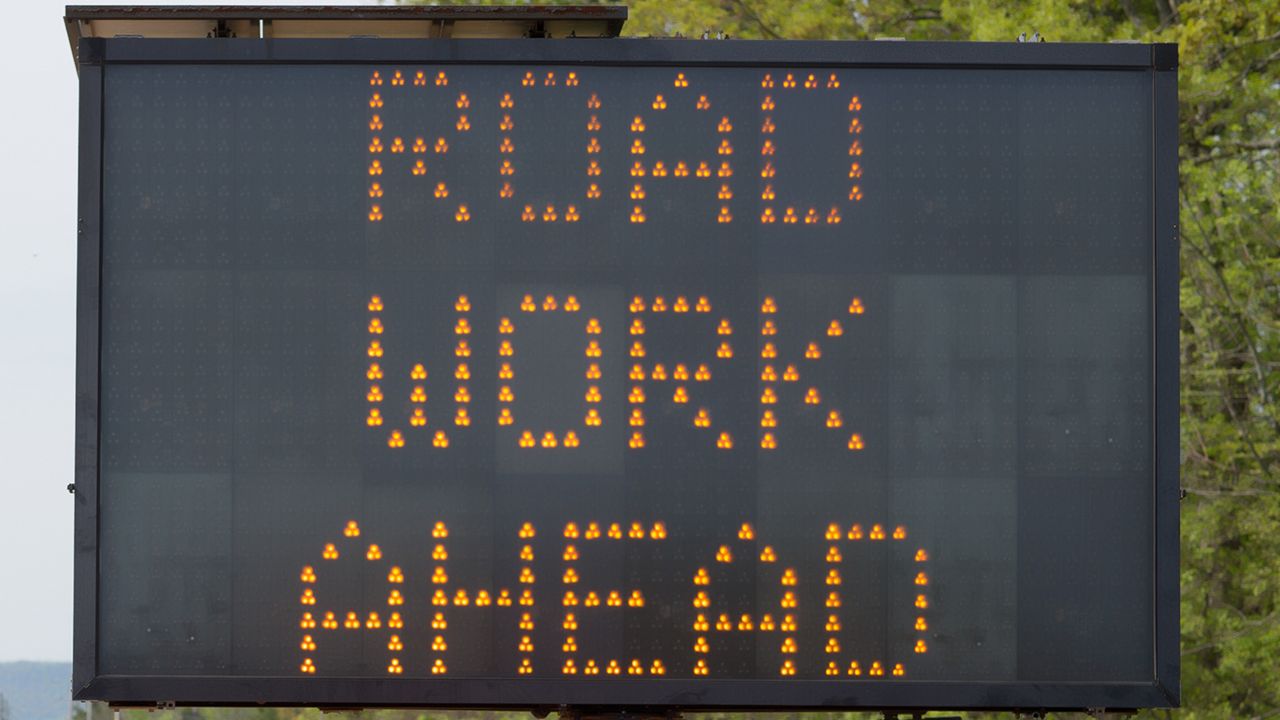DAYTON, Ohio — Research has shown time and time again that addiction is one of the most stigmatized health conditions both in the United States and across the world.
For decades, Ohio has been viewed as a popular test market for business, industries and strategies.
“Dayton was a clear choice for a pilot site and for a partner in this work,” said Addiction Policy Forum founder Jessica Hulsey.
Montgomery County Alcohol, Drug Addiction and Mental Health Services, or ADAMHS in Dayton, has been chosen to help with a new national anti-stigma intervention through a community survey.
“The survey is really an important part of being able to measure stigma around addiction so our communities know what sub-populations, what issues to tackle, so we can really eradicate the stigma around addiction to make sure more people find the care that they need,” said Hulsey.
“Pretty good so far, I’m just now starting, but it hits pretty accurate,” said peer support supervisor Jeremy Ganger as he began the survey.
We asked Ganger to take the survey and share his experience.
“My journey started on, I would probably say, August 4th, 2019. I’m a mental health patient,” he said.
Ganger was working the door at a bar in Dayton’s Oregon District during the 2019 mass shooting.
He rushed people inside to help.
“When I turned around, I met an active shooter face to face, probably five to six feet away from each other and I got shot in the leg and the police were able to take him down and I disarmed him after that,” Ganger said.
He was left with the scars of PTSD, anxiety and depression, and alcohol was his drug of choice.
“At one point and time, suicide thoughts until I reached out and got help,” he said.
Now his passion is to help others.
“I’ve been told I should be over my issues and forget about it. I get told PTSD is not a real thing. A lot of people don’t understand that drugs and alcohol and mental health is a disease and a lot of people say ‘Oh you should be able to quit drinking or using drugs, it’s not that hard’ when in reality it’s very hard. You have to retrain your brain and it’s the hardest thing to do,” he said.
Local results from the survey will be used in the national rollout of new programs and outreach efforts.
“We also are doing our stigma intervention efforts in this project with Dayton, we are focusing also on tackling stereotypes and prejudice, any discrimination,” said Hulsey.
“I like the survey a lot because it’s talking about people needing to talk to people. There’s some people in our community that don’t know where to reach out to. They label you the wrong way. You’re not a bad person, you just need help,” said Ganger as he continued the survey.
Even though Ganger dedicates his time to peer support, he still feels and lives the effects of that night in the Oregon District.
He hasn’t been to a grocery store or a mall since 2019.
As for the survey, once data is collected from Dayton and 100 other test sites, communities will be given a local report and a national snapshot to compare the results.










